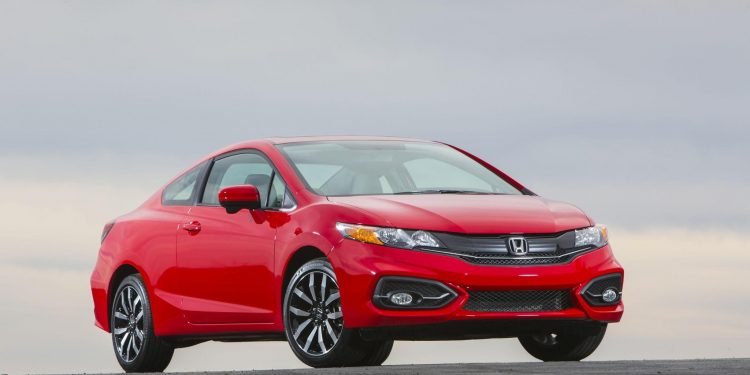Not everyone has the money to walk into a car dealership and pick and choose a new model off the showroom floor. For many, buying a used vehicle is the answer to budgetary limits when a reliable transporter is needed. But there is always the stigma of buying an older, pre-owned car that could potentially leave you in the lurch. So how do you know if a used car is right for you? Here are a few valuable things you need to know if you’re considering buying a vehicle on the used car market.
History And Homework
Unlike a new car that comes to you as a clean slate, those that have been driven and owned before have a story to tell. A 9th-gen Accord Coupe has much more history than a new one straight from the showroom, and if this is a bad history, the new buyer will have to deal with the issues. This story may include fender benders, serious accidents that result in extensive panel beating, or mechanical failures – and you need to know about them. The more you know about the history of the vehicle you’re looking at buying, the easier it will be to judge the value and how much trouble you’re setting yourself up for.
Sure, some people are out there buying older vehicles for projects and to gradually modify them or rebuild them; but, for the most part, buying a used car is an attempt to save some money while still finding a relatively reliable means of transport. This means you’ll want to know as much as there is to know about the car – and doing your homework is vital. Here are some things you should do before settling on a specific used car:
Obtain a Vehicle History Report:
Obtain a Vehicle History Report. Websites such as CARFAX allow you to input the VIN number and then provide you with information such as registration, title information, whether it is a salvaged or junked vehicle, odometer readings, and whether it’s been in an accident. Naturally, vehicles that have been salvaged or junked or been in serious accidents should be avoided. These risky in terms of reliability and could potentially result in compounded problems later in life. If accident damage seems mild, it’s worth checking with a professional whether the repair work was done adequately.
Check On Recalls
Especially important on older vehicles with higher mileage, check that any recalls issued have been dealt with. These are issues that the manufacturer feels are serious enough that your safety are in question. Recalls are conducted without cost to the owner and should’ve been done to ensure the car is functioning optimally and safely. If recalls were not attended to, you could still approach the manufacturer to get it done without needing to fork out any money.
Service And Maintenance History
Check service and maintenance history: Cars with high mileage on the clock should have a definite history of whether they have been serviced regularly and what maintenance has been done. Vehicles that have missed services and have not been maintained properly should be avoided at all costs.

Light Reading
Before you buy any car, spend some time reading reviews and seeing what the experience is of owners first. The quickest way to see whether a car will be a valuable addition to your life or cause more trouble is to see how others recount the ownership experience. Comprehensive reviews such as this extensive overview of the 9th-generation Civic breaks down the used-car ownership experience perfectly, touching on the various improvements made to the Honda Civic over its lifespan, discussing fuel economy, cargo space, trim levels, safety equipment, and more.
Ask A Pro
If you’re unsure about the vehicle’s overall value and whether or not you’re being scammed, the best advice is to take a professional along. Mechanics and other vehicle experts often charge a small fee to give a car a thorough check and report any potential issues before buying it. This way you can either negotiate the price to something more appropriate for the vehicle’s condition or avoid it entirely.
So, Is That A Yay or Nay?
Once you’ve spent the time doing the research and looking into the pre-owned vehicle you’re interested in, you’ll have a clearer idea of whether it’s going to run reliably or cause you more problems. If you get a relatively clean vehicle history report, there is a comprehensive service and maintenance record, no outstanding recalls exist, and you’re happy with the feedback from owners who have driven the specific type of vehicle for a while, you can feel confident in your decision. It’s always worth looking into used-car or extended warranties as additional peace of mind.


